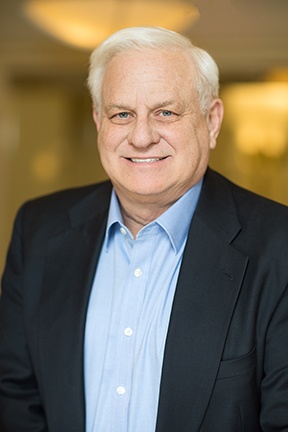Ending 2018 Thoughtfully-Starting Next Year Smartly
As we enter the final stretches of 2018, in what is turning out to be a very volatile year, it is more important than ever to think strategically and act judicially. Below are some year-end issues that should be considered depending on your specific facts and with input by your financial and tax advisors.
- Review your portfolio and consider maximizing tax strategies including loss harvesting opportunities and the impact and timing of income from pass-through funds and pooled investments.
- Depending on your personal situation it usually makes sense to max out your annual retirement plan contributions. Note that in 2019 most plan contribution limits will increase by $500.
- Consider funding 529 plans which under the new law may also be used for elementary and secondary school tuition up to $10,000 a year in addition to unlimited higher education costs.
- Make sure you have considered the use of your annual $15,000/donee gift tax exclusion which allows you to transfer wealth tax-free.
- Be careful with transferring wealth to minors given the tax law change that makes the “Kiddie Tax” a greater burden. This is another reason to fund 529 plans.
- Make sure all 2018 required minimum distributions (RMD) for all IRA and qualified plans have been made.
- Do not forget to consider the ability to donate up to $100,000 from your IRA if you are over age 70 ½ and the ability to avoid taxation on your RMD requirement if donated directly to a qualifying charity.
- If you are in a low marginal tax rate year and expect higher taxes in the future, consider a ROTH conversion to the extent of your lower tax rate brackets amounts.
- Make a New Year’s resolution to verify the beneficiary designation for of all your financial assets including qualified plans, life insurance, IRAs, especially if the year has seen life events that could prompt a change.
- With the tax law change and increased standard deductions think strategically about charitable contributions including the strategy of lumping contributions every other year to get the maximum tax impact. Contributing to a donor-advised fund (DAF) allows you to time contributions easier and provides flexibility regarding what charities will ultimately be benefited. Also, remember to consider using appreciated securities when making contributions to get the full tax deduction without having to trigger and pay tax on the unrealized long-term gains.

Andrew has been a member of the Telemus team since its inception in 2005. As the Chief Wealth Officer, Andrew is responsible for all strategic financial and life management services. He works with high-net-worth members to ensure their financial life plans are designed to achieve realistic goals in both the short and long term.









